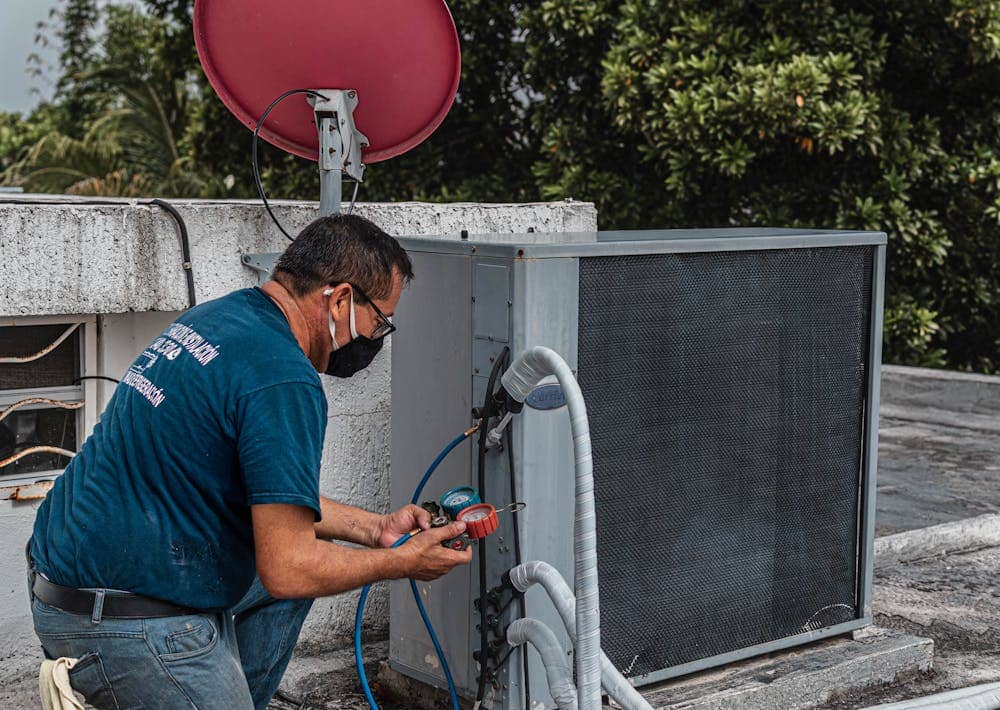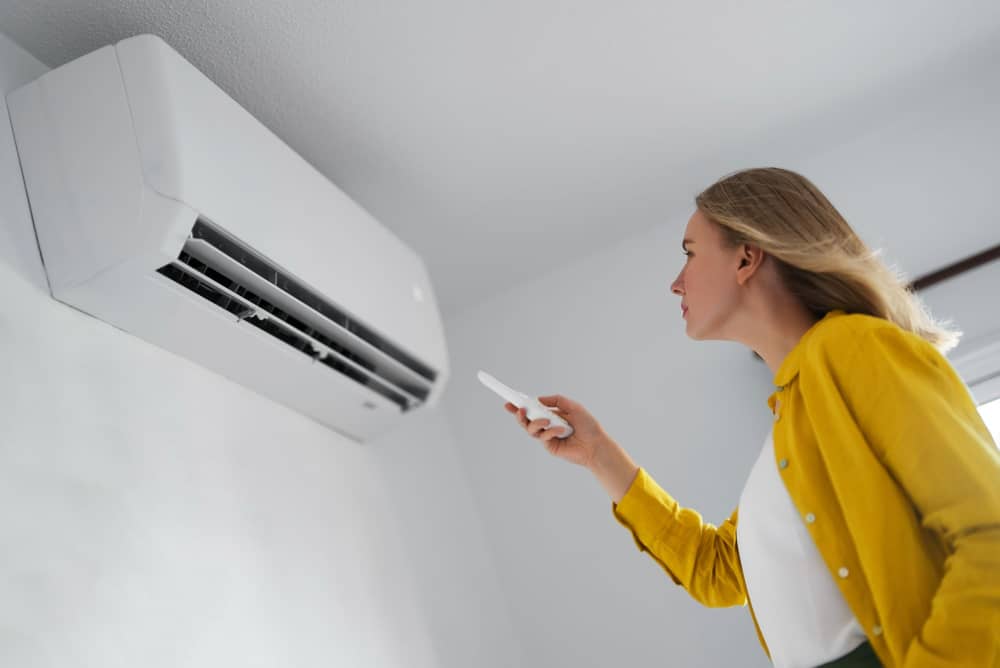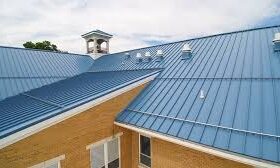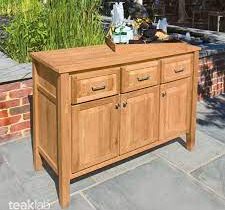
An HVAC (Heating, Ventilation, and Air Conditioning) system is the backbone of indoor comfort and air quality. It regulates temperature, controls humidity, and ensures proper ventilation, creating a comfortable and healthy environment for occupants. Beyond comfort, HVAC systems protect buildings and their contents from moisture damage, enhance energy efficiency, and contribute to overall well-being. In businesses, a well-functioning HVAC system can improve employee productivity and customer satisfaction.
Imagine walking into your home after a long, exhausting day, greeted by perfectly crisp air in the summer or a warm embrace in the winter. That’s the magic of an HVAC system it doesn’t just control temperature; it creates comfort, health, and happiness. For businesses, it’s the unseen partner boosting employee productivity and customer satisfaction by ensuring the air is just right, every single time.
Replacing Your HVAC System
Replacing an HVAC system is often considered when the existing unit becomes inefficient, unreliable, or costly to maintain. Signs include frequent breakdowns, inconsistent heating or cooling, rising energy bills, and age (typically over 10-15 years). Modern systems offer advanced technology, energy efficiency, and features that older systems simply can’t match, making them a worthy investment for long-term savings and improved performance.
Replacing your HVAC system isn’t just about fixing what’s broken. It’s about reclaiming control over your indoor environment, cutting your energy waste, and embracing modern technology that learns your habits and anticipates your needs. It’s about shifting from a costly, outdated chore to a smart, effortless solution for your comfort.
Upgrading Delivers Multiple Benefits
Upgrading to a new HVAC system comes with several advantages, including:
- Improved Energy Efficiency: Modern systems use less energy for better performance.
- Lower Utility Bills: Advanced features reduce energy waste.
- Enhanced Comfort: Consistent temperature control and reduced noise.
- Better Air Quality: Improved filtration and ventilation technologies.
- Eco-Friendliness: Reduced carbon footprint with energy-efficient designs.
- Higher Property Value: An upgraded system appeals to potential buyers.
Upgrading to a new HVAC system transforms your home into a sanctuary. It’s not just better performance it’s peace of mind, knowing your energy bills are lower, your family is breathing cleaner air, and your investment is adding long-term value to your property. For businesses, it’s a smart move that pays dividends in employee wellness, productivity, and energy savings.
New HVAC: Financial Benefits
Modern HVAC systems incorporate high-efficiency components like variable-speed motors, smart compressors, and advanced heat exchangers. They often carry higher SEER (Seasonal Energy Efficiency Ratio) or AFUE (Annual Fuel Utilization Efficiency) ratings, which translate to more efficient energy use. Additionally, they leverage smart thermostats and zoning capabilities to optimize performance based on specific needs, minimizing waste.
Today’s HVAC systems are like the difference between an old gas-guzzler and a modern electric car. They don’t just run they adapt, using sensors to deliver exactly the energy needed at any given time. That means no more overworking or overheating, just precision, and efficiency tailored to your lifestyle.
A new HVAC system can lower energy bills by up to 20-40%, depending on the system’s efficiency and the home’s insulation and ductwork. Energy-efficient systems use advanced technology to minimize energy consumption while maintaining comfort, and many include features like variable-speed motors and precise temperature control to further enhance savings.
Think of a modern HVAC system as your personal savings account every month, you’re depositing what you used to waste on energy bills. Over a decade, this can add up to thousands of dollars, money you could spend on a dream vacation, new projects, or just peace of mind for your future.
New HVAC System: Long-Term Savings
Modern HVAC systems are designed for reliability and durability. Improved materials, advanced diagnostics, and fewer moving parts reduce the frequency and cost of repairs. Many systems come with extended warranties, and regular maintenance ensures they remain in peak condition, avoiding costly emergency repairs common with aging systems.
Think of your old HVAC system like a car running on bald tires it works until it doesn’t, leaving you stranded with a hefty bill. A new system is like a reliable hybrid: built to last, requiring less frequent ‘pit stops,’ and catching issues early with built-in diagnostics.
New HVAC systems typically last 15-20 years with proper maintenance, while older units often struggle to reach the 10-15 year mark. Advances in technology and materials mean newer systems maintain efficiency and reliability longer, making them a more sustainable choice over time.
Old HVAC systems are like flip phones they did their job back then but struggle to keep up today. A new system is built to last, adapting to your needs for up to 20 years, provided it gets the right TLC (tune-ups, lubrication, and cleaning).
Are New HVAC Systems More Efficient?
Energy-efficient HVAC systems reduce greenhouse gas emissions and reliance on fossil fuels. They use environmentally friendly refrigerants and minimize energy consumption, contributing to a smaller carbon footprint. Many systems also meet ENERGY STAR® standards, aligning with global sustainability goals.
Upgrading to an energy-efficient HVAC system is like planting a forest of trees every kilowatt saved is a step toward reducing your carbon footprint. By choosing eco-friendly refrigerants and smarter energy use, you’re playing your part in creating a cleaner, greener future.
Yes, many governments and utility companies offer incentives to encourage energy efficiency. These may include federal tax credits, state-level rebates, or utility company discounts for systems with high SEER or AFUE ratings. Smart thermostats and renewable energy integration often qualify for additional benefits, reducing upfront costs.
Additional Considerations When Choosing a New HVAC System
Key factors to consider when selecting a new HVAC system include:
- System Size: Must match the building’s needs to avoid inefficiency.
- Energy Rating: Higher SEER or AFUE ratings mean better efficiency.
- Brand Reputation: Trusted brands offer reliability and support.
- Climate Compatibility: Choose features suited to local weather conditions.
- Smart Features: Enhance usability and cost-effectiveness.
Regular maintenance ensures components are clean, lubricated, and functioning optimally. It prevents minor issues from becoming costly repairs and keeps the system running at peak efficiency, preserving energy savings and extending the unit’s lifespan.
Final Word
To calculate ROI on a new HVAC system:
- Estimate annual energy savings using efficiency ratings.
- Factor in reduced maintenance and repair costs.
- Add potential increases in property value and tax incentives.
- Subtract the initial cost of the system.
The ROI timeframe is often 5-10 years, depending on usage and efficiency gains. A professional consultation ensures proper system sizing, installation, and setup, maximizing performance and peace of mind.
Your comfort, health, and savings are too important to wait. Start by scheduling a home assessment with a trusted HVAC expert. They’ll guide you step-by-step, ensuring you choose a system that fits your needs and budget perfectly.














